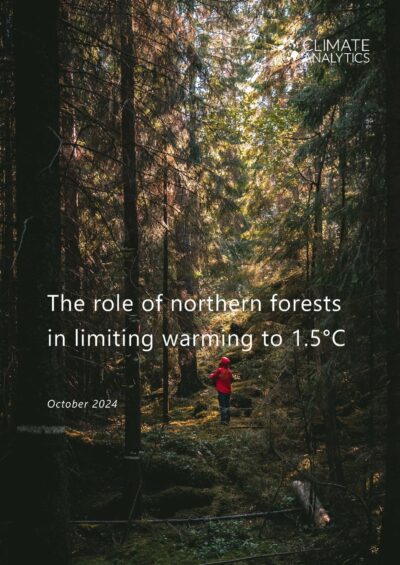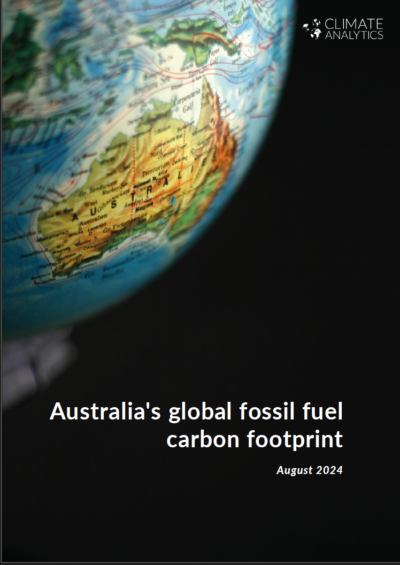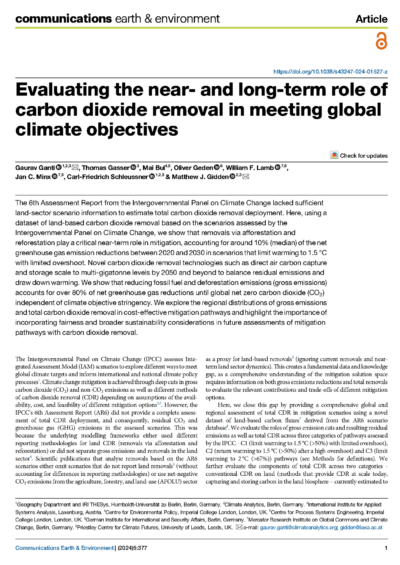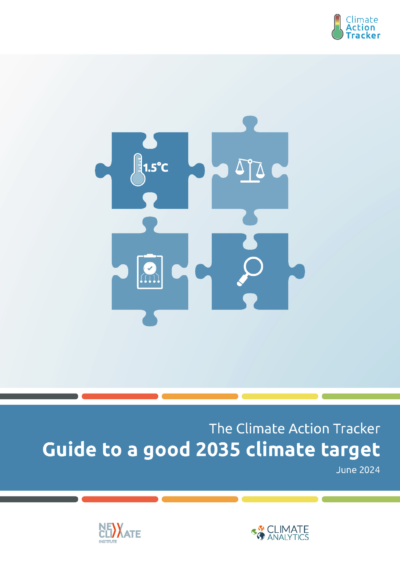Publications
Share


Reports
Northern forests are critical in the race to net zero CO₂ by mid-century. Protecting and restoring these forests, alongside steep and rapid reductions in fossil fuel emissions, is essential both to mitigating emissions and to supporting forest ecosystem services and biodiversity.

Reports
The LNG shipbuilding industry appears to be doubling down on building new carriers, ignoring the global shift to a low carbon economy and putting itself into an even worse oversupply situation than a year ago, we find in our updated report.

Reports
We've calculated the climate implications of fracking the Canning basin, part of the remote and pristine Kimberley region in Western Australia. Four companies have their eyes on this region, home to the endangered bilby.

Reports
This report unpacks the global carbon footprint from Australia's exported fossil fuels, especially coal and gas; exports that are set to continue at the same level through to 2035, threatening the 1.5˚C warming limit.
Australia has a global carbon footprint that far exceeds its economic size and population - and is responsible for around 4.5% of global fossil carbon dioxide emissions, with 80% of those emissions coming from its fossil fuel exports.

Peer-reviewed Papers
For 1.5°C pathways with limited overshoot, most of the mitigation between now and 2030 should come from emissions reductions (70%), with reductions from cutting non-CO2 emissions (20%) and land-based carbon dioxide removals such as afforestation and preventing deforestation (10%) making up the remainder.
